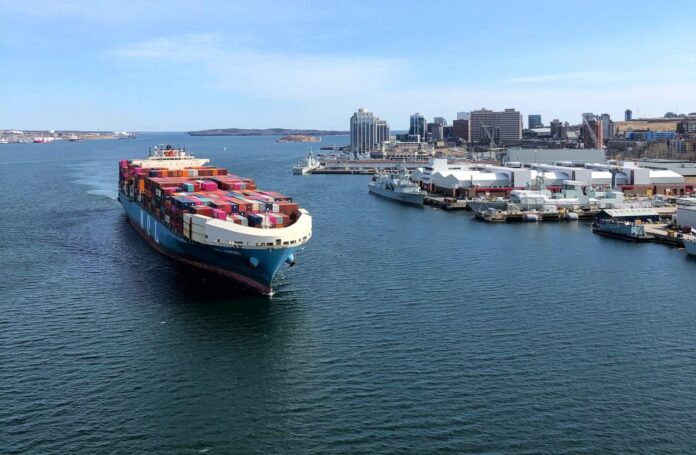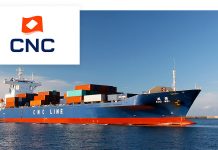
DCSA has published the Beta 1 version of the Bill of Lading 3.0 and Booking 2.0 standards. The release brings a range of benefits – including increased efficiency and greater alignment with industry expectations – and expands the scope of DCSA’s standards to achieve wider industry adoption.
This release is accompanied by conformance test suites with key validations for all the relevant business processes and cloud environments with sandboxes that guide adopters in measuring and improving the conformance of their implementations with the DCSA standards.
In addition, the new standard versions use the lightweight notifications pattern, recently chosen by DCSA and its members as the preferred way to optimise API traffic by eliminating the need for registered API consumers to poll API provider endpoints for changes. In practice, this will enable a carrier to send a standardised lightweight notification to a relevant, registered counterparty, lowering system loads, reducing network traffic and improving business process latency.
DCSA has added 15 attributes to support Reefer and Non-Operating Reefers, as well as over 50 attributes to support dangerous goods based on the International Maritime Dangerous Goods (IMDG) Code amendment version 41-22, which comes into force on January 1st 2024. Furthermore, the standards can now support advanced manifest filings globally – something previously limited to the US and Canada. Together, these changes expand the scope and applicability of DCSA’s standards, leading to wider industry adoption.
Moreover, DCSA now supports a range of Harmonized System codes (HS codes) to classify the products being shipped, meaning each commodity on a booking and bill of lading can be classified by multiple HS codes, where previously it was limited to one. This will ensure more accurate information and lead to faster, more efficient cargo handling and customs clearance.
The update also changes the DCSA’s electronic Bill of Lading (eBL). Notably, it introduces additional standard-based OpenAPI specifications for the eBL issuance and surrender processes, enabling the standardised integration of a carrier’s internal system with its eBL solution provider and laying the foundations for full process automation. It also introduces six standardised bill of lading clauses and standardised carrier certificates. – giving shippers the option to choose standard articles they wish to be included in the certificate. In both cases, carriers are not limited to the standardised options available.
อัพเดตข่าวสารและบทความที่น่าสนใจในอุตสาหกรรมโลจิสติกส์ก่อนใคร ผ่าน Line Official Account @Logistics Mananger เพียงเพิ่มเราเป็นเพื่อน @Logistics Manager หรือคลิกที่นี่













